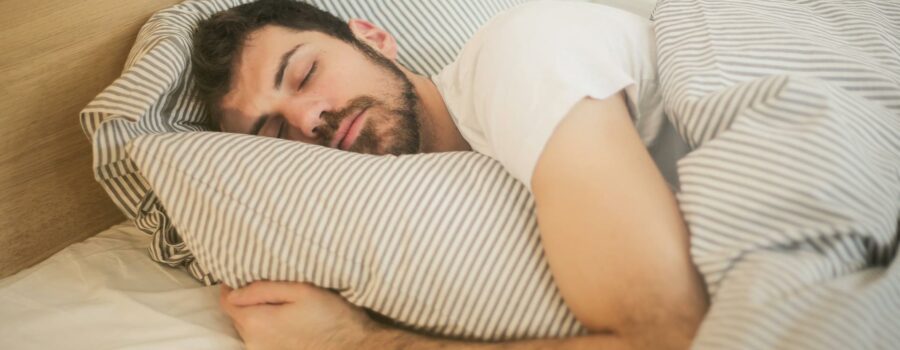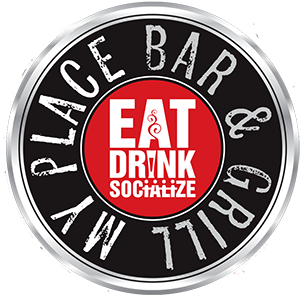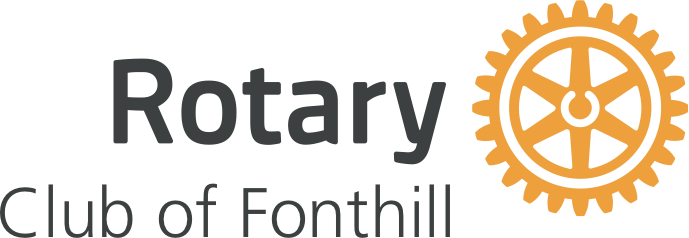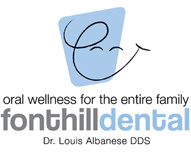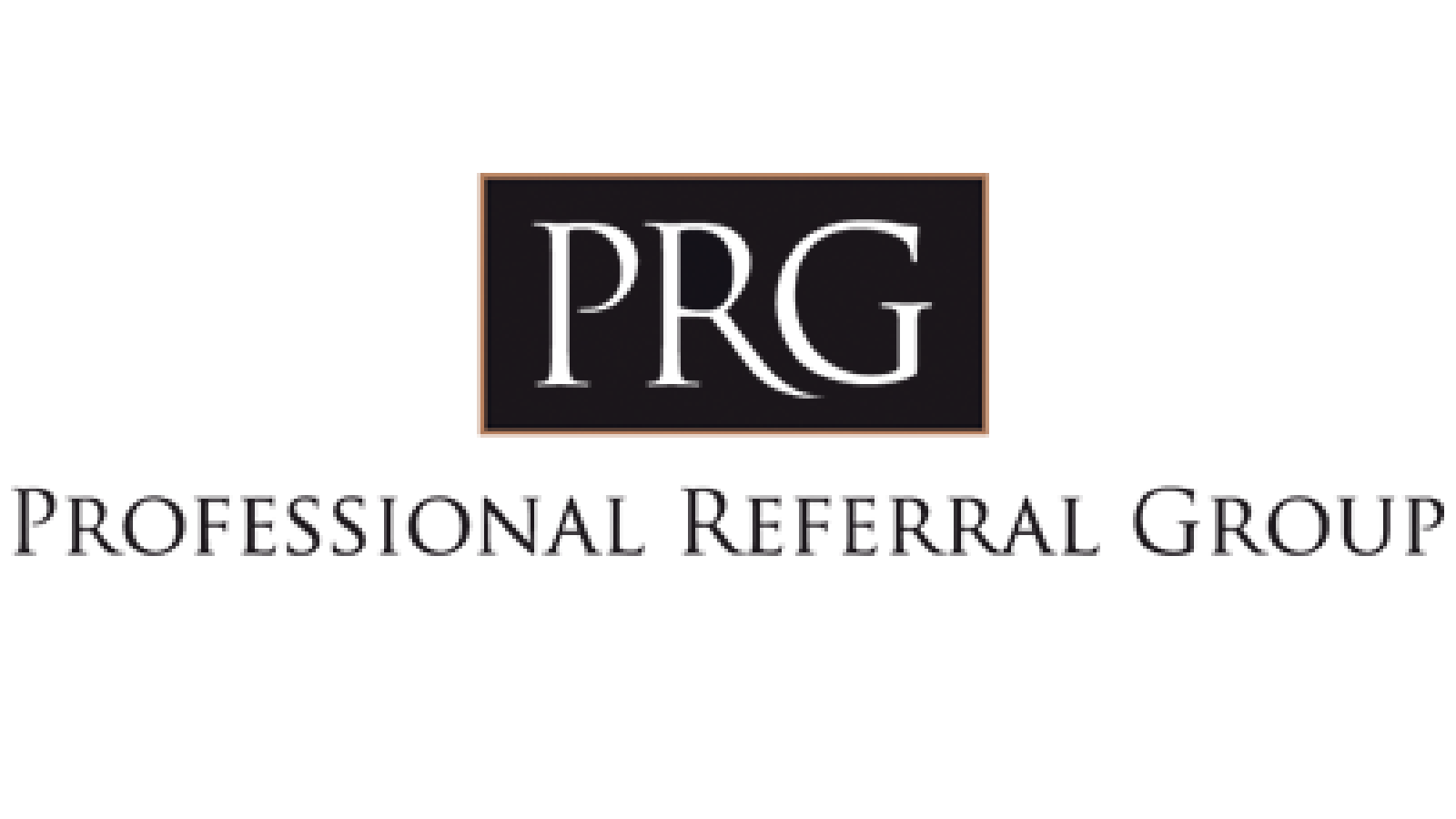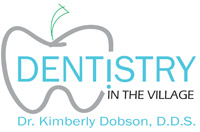We have all heard the benefits of sleep. There are short term benefits such as focus, reaction time, productivity, general wellness feeling. Long term benefits include cardiovascular health, better weight control, a healthy immune system, optimal brain function, physical recovery, and repair.
The main needs for good health include nutrition, exercise, and sleep.
Good sleep needs as much work as nutrition and exercise. It is so easy to get into a cycle of bad sleep or sleeplessness. The damage from sleep deprivation is as impactful as bad nutrition or lack of exercise.
Ok, you know this, but we’ve all been there, “must sleep” = I can’t sleep! The more you try to sleep, knowing you should, the more difficult it can be.
Sleep hygiene is one of the most important things we can do to take care of ourselves – and it feels great! Hours of sleep will vary according to age, infants requiring as much as 14 hours, older adults requiring less than 8 hours. Good sleep will vary, but you know you have had one when you wake up on your own and feel refreshed.
Good sleep is affected by how long it takes you to sleep, how often you wake, depth of breathing, number of full sleep cycles you attain.
What is sleep hygiene? It’s the practice of making a “nest” for sleep. Have a regular sleep time, make your bedroom a restful area (no TV, no blue screens), quiet, sleep in the dark. Prepare yourself to be tired before sleep by having an active day, don’t have caffeine or alcohol close to bedtime, and relax at least an hour before you sleep. It takes practice and consistency – but it is worth it.
Your Pharmachoice pharmacist can help you choose a sleep aid and review your sleep hygiene practices. It’s also a good idea to review medications you are taking, as they may affect your sleep and may be addressed by your pharmacist.
However, if you find that you are always tired throughout the day or have difficulty falling asleep on a regular basis – see your physician. Sleep is too precious to lose another day.
 Back to myNiagaraOnline
Back to myNiagaraOnline










